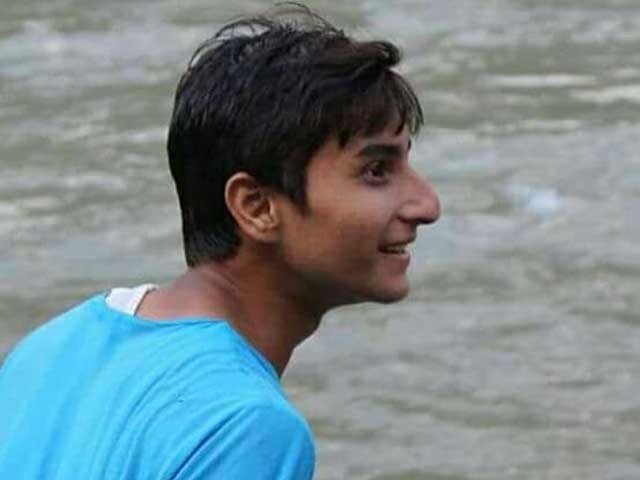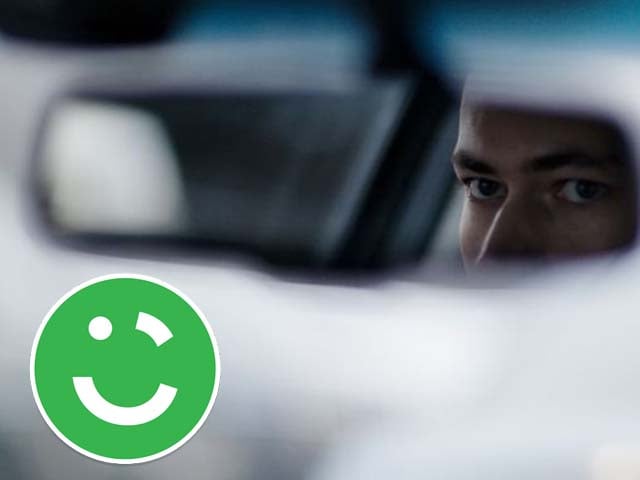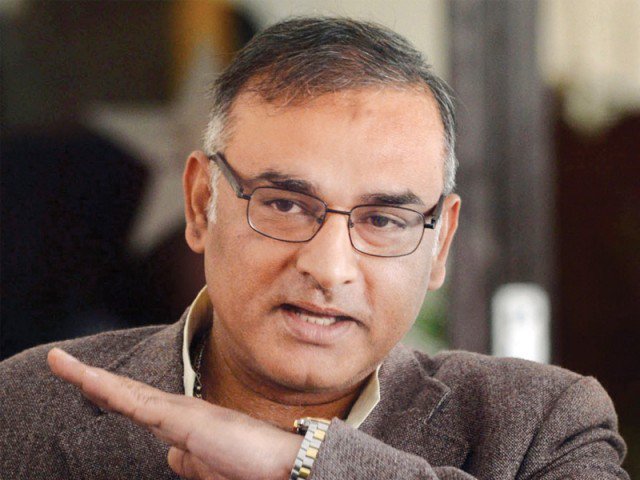
Saudi Arabia, building 200 mosques will not help the refugee crisis
It can house up to 3 million people in 100,000 air-conditioned tents used for Hajj; yet it has taken in zero refugees.
The Kingdom of Saudi Arabia, in all its benevolent wisdom, has come to the aid of the Middle Eastern refugees lining up on the gates of Germany, by offering to build 200 mosques in the European nation. Yes, this is exactly what these traumatised people need after losing their homes, resources, family members, dignity, and mental and physical well-being – mosques.
Indeed, for those so inclined, it is important for pious refugees to have a place to practice faith, especially in a foreign land where religion can help them feel grounded, but only after achieving stability in their lives. For Saudi Arabia to offer to build 200 mosques in Germany to help the refugee crisis would be like throwing pages of scripture at the survivors of a sinking ship.
Saudi Arabia has always had a naked hunger to spread Wahhabism throughout the world. Their ultraconservative interpretation of Islam, taught in Saudi sponsored mosques, has infected Pakistan like a slow spreading virus. Here are some interesting excerpts from Frontline on Public Broadcasting Service (PBS):
“Many of the Taliban were educated in Saudi-financed madrassas in Pakistan that teach Wahhabism, a particularly austere and rigid form of Islam which is rooted in Saudi Arabia. Around the world, Saudi wealth and charities contributed to an explosive growth of madrassas during the Afghan jihad against the Soviets. During that war (1979-1989), a new kind of madrassa emerged in the Pakistan-Afghanistan region – not so much concerned about scholarship as making war on infidels.
It’s Saudi Arabia and its network of charities and the like. The argument I make is that there is an undercurrent of terror and fanaticism that go hand in hand in the Afghanistan-Pakistan arc, and extend all the way to Uzbekistan. And you can see reflections of it in Bosnia, in Kosovo, in Indonesia, in the Philippines.
For instance, in one madrassa in Pakistan, I interviewed 70 Malaysian and Thai students who are being educated side by side with students who went on to the Afghan war and the like. These people return to their countries, and then we see the results in a short while. At best, they become hot-headed preachers in mosques that encourage fighting Christians in Nigeria or in Indonesia. And in a worst case, they actually recruit or participate in terror acts.”
Wahhabism not only gave rise to the Taliban, but something far worse than anyone could have ever imagined. A group so dark it even scared al Qaeda.
“On the one hand, ISIS is deeply Wahhabist. On the other hand, it is ultra-radical in a different way. It could be seen essentially as a corrective movement to contemporary Wahhabism.
ISIS is a ‘post-Medina’ movement, it looks to the actions of the first two Caliphs, rather than the Prophet Muhammad (PBUH) himself, as a source of emulation, and it forcefully denies the Saudis’ claim of authority to rule.”
Saudi Arabia probably doesn’t have the audacity to spread Wahhabism through its mosques in Europe. After all, Germany has a very different relationship with Saudi Arabia than Pakistan. While Germany can dictate terms to them, we on the other hand treat Saudi Arabia like the uncle whom we don’t protest against even though he molested us in childhood, because he’s rich.
It would also be something of a sick irony for the Syrian refugees to pray in Wahhabi Arabia’s mosques when many of them have suffered so deeply at the hands of ISIS.
But for argument’s sake, let’s accept Saudi Arabia’s intentions as pure.
This raises another question.
While Saudi Arabia is so eager to build 200 mosques in Europe, how many official churches, temples, and synagogues does it boast?
What’s that? Zero?
As this Islamic theocratic monarchy tries to add to religious diversity in Europe, it itself carries none. The Saudi Grand Mufti, the nice tolerant person that he is, issues statements which could be mistaken for quotes from ISIS sermons,
“The Grand Mufti of Saudi Arabia has said that all churches in the Arabian Peninsula must be destroyed. The statement prompted anger and dismay from Christians throughout the Middle East.”
Meanwhile, the country which intends to build 200 mosques in Europe persecutes non-Wahhabis on its own soil,
“Islamist police in Saudi Arabia have stormed a Christian prayer meeting and arrested its entire congregation, including women and children, and confiscated their bibles, it has been reported.
The raid was the latest incident of a swinging crackdown on religious minorities in Saudi Arabia by the country’s hard-line Commission for the Promotion of Virtue and Prevention of Vice.
The 28 Christians were said to be worshipping at the home of an Indian national in the eastern city of Khafji, when the police entered the building and took them into custody. They have not been seen or heard from since, raising concerns among human rights groups as to their whereabouts.”
Major religions aside, there is little freedom to practice different versions of Islam other than what Saudi Arabia preaches,
“No law specifically requires all citizens to be Muslims, but non-Muslim and many foreign and Saudi national Muslims whose beliefs are deemed not to conform with the government’s interpretation of Islam must practice their religion in private and are vulnerable to discrimination, harassment, detention and, for non-citizens, deportation.
Shia’s face systematic and pervasive official and legal discrimination (in Saudi Arabia), including in education, employment, the military, housing, political representation, the judiciary, religious practice, and media.”
The penalty for those converting to another religion seems a little permanent.
“…Conversion from Islam to another religion is considered apostasy and punishable by death.”
Here is how this champion for religious freedom in Germany has been making headlines recently.
1. A Saudi court ruled that a local TV preacher accused of raping and murdering his five-year-old daughter was only guilty of being a harsh disciplinarian.
2. A Saudi diplomat and his Saudi friends were accused of torturing, enslaving, and gang-raping two Nepali women working in the diplomat’s apartment in India for months.
NDTV reports,
“They are a family of six... The mother and older daughter would beat us. They used to be sent outside and then the men would rape us. We would scream and cry, then they used knives,” said one of the women.
“They raped us, kept us locked up, did not give us anything to eat.”
The other woman, 30, said she was stripped, raped and brutalised by “a lot of men who would keep coming to the flat, whose language we never understood.”
Indian Express explains that it was as many as eight men at a time,
“There were days when seven to eight men — all from Saudi Arabia — would assault us. If we resisted, the diplomat and his family would threaten to kill us and dispose of our bodies in the sewer.”
Reportedly, the diplomat shifted from his apartment to the embassy. At worse, he will be expelled to his home nation. This Saudi probably had the audacity to commit such a crime because it is how foreign maids are treated in Saudi Arabia. They are raped, tortured, enslaved, and often pinned for legal offenses they didn’t commit. If they fight back and kill their assailants, they end up on death row.
3. Saudi Arabia this week banned the latest copy of National Geographic within their borders because it showcased Pope Francis.
“The cover story addresses Pope Francis’ reforms and his hope to create a church ‘that is poor and for the poor’. From his bold pronouncements on climate change and divorce, to his recent call for parishes to take in refugees, some see the current Pope as a (relative) revolutionary.”
Why is Saudi Arabia so threatened by this issue? Is it because Pope Francis preaches simplicity, while the ruling class of Saudi Arabia swims in more grotesque excess than Caligula? Or is it because Pope Francis called upon Catholics to take in refugee families while Saudi Arabia’s elite searches for more vulnerable maids from impoverished backgrounds to take advantage of?
4. As reported by infowars.com, Saudi Arabia has taken in zero refugees, even though it could easily house three million people in 100,000 air-conditioned tents which are unused other than the five days of Hajj season each year.
5. The Economist explains how Saudi Arabia has escalated its war campaign in Yemen. There are reportedly 5,000 dead, leaving Yemen to face a humanitarian crisis. But these refugees need not worry; Saudi Arabia will surely build them a few hundred mosques soon.
It is now becoming increasingly evident that the Saudi monarchy is a family business, Wahhabism was concocted by their marketing department, and their sponsored mosques are franchise outlets. Certainly, the profit margins have been killer.




COMMENTS (38)
Comments are moderated and generally will be posted if they are on-topic and not abusive.
For more information, please see our Comments FAQ